Subscribe to my podcast via my podcast page to get weekly episodes about ASD just like this one delivered automatically to where ever you listen to podcasts.
Impaired Executive Function can impact significantly on students with autism’s ability to learn and engage in busy learning environments.
Students may not struggle with all areas of Executive Functioning to the same degree. It is important to identify which areas the student needs supports, and put in place strategies to support and develop this skill. I find that if the child has had an assessment by a psychologist it is worth checking which areas were identified as impaired and then using these results to help guide the strategies used to improve their executive functioning.
I find that strategies to address Executive Functioning are often helpful for ALL students but are particularly VITAL for students with autism/AHHD in making a difference to their learning, behaviour and social skills.
Fortunately, we can improve executive functioning skills through a range of strategies, below are some examples.
1.Emotional Control
This is where they have difficulty with behaviour and emotional control. This can look like difficulty waiting for a turn, getting frustrated easily, off task behaviours, overreaction to the smallest things (e.g. not being first), becoming overwhelmed or meltdowns.
How to Improve Emotional Control
- Sensory tools, break cards, take a break tables,
- Emotion Cards that communicate how they are feelingand what to do to repair emotions.
- Resources like ‘The Kids Guide to Being Awesome and in Control‘ are full of great strategies for teaching emotional regulation. Available here.
- Social Scripts that help students with turn taking, waiting, putting hand up to wait for a turn. See pg 3 on How to write Social Scripts
2. Impulse Control
This can be calling out, distracting others, aggression /fighting, rushing through activities without checking or inconsistency with following rules.
How to Improve Impulse Control
- Redirection – telling them ‘what do do’ not ‘not what to do’ i.e. ‘Put your hand up’ rather than ‘No Calling out’
- Social Scripts that explain how to put up hand, rules for playground and group work
- Prewarn about rules and expectations in specific situations : use visuals where possible
3. Planning and Priotising
This is where they have difficulty deciding the steps needed to reach a goal order of importance. As a result they may get no work done, be easily distracted, avoid tasks and may be easily overwhelmed. They may also have trouble seeing the main idea and easily go off topic.
How to Improve Planning & Prioritising
- Visual Planning Supports such as: Mindmaps, Rubrics,
- Support Staff spending individual time with the student to help break down tasks down, prioritise & plan
- Using Calendars, Diaries (make sure have set times to write in and check)
- Break Tasks into set up small achievable steps, tick off each step when completed
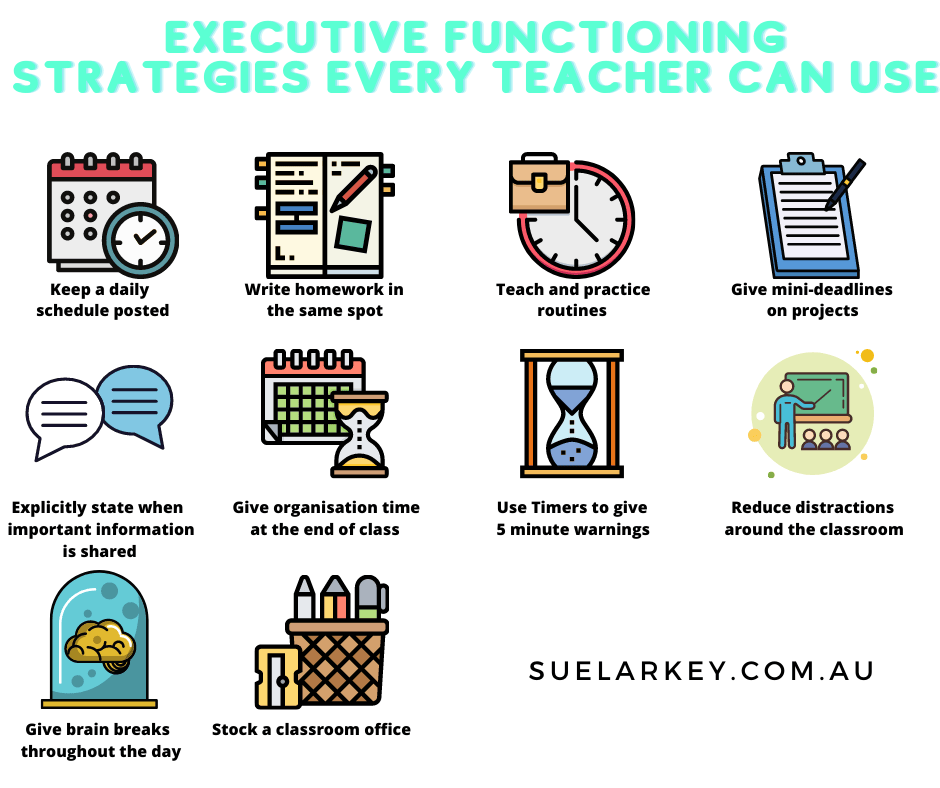
4. Organising
This includes ability to keep track of information and things.
How to improve Organisation
- Systems in place for organization i.e.own hook in bag area away from busy areas
- Minimising equipment and books i.e. one book/folder or limiting the side of pencil case and its contents
- Take Photos of how desk/locker/bag should look so remind them where things go
- Help write down plans and thoughts and organize logically.
5. Task Initiation
This often looks like a student sitting doing nothing, being oppositional ‘I am not doing it’ or procrastinating (need toilet etc.). Then in actual fact they are often just so overwhelmed they don’t know how to start.
How to Improve Task Initiation
- Give a Partner to work with, who can model what to do
- Limit and write down instructions where possible
- Simplify worksheets
- Traffic Light Strategy
6. Flexibility
They often don’t like to change or stop in the middle of an activity. They don’t see other options or solutions and often don’t understand what is being asked of them. This can result in arguing, getting frustrated /angry and meltdowns. Often take things literally. See Theory of Mind pg 12
How to improve Flexibility
- Timers to pre-warn when to finish.
- Routines/Schedules – Understand their need to know what is happening when.
- Pre-warn about changes (people and events) ExplainWHY changing and WHAT replacement i.e. Mum is picking you up today as Grandma is at the Doctor
- Use Social Scripts that give clear descriptions of what is going to change/new and what I need to do.
7. Working Memory
This is the inability to hold information in their mind and use it to complete a task. Struggle with multi-step tasks, remembering directions, taking notes or understanding something you’ve just explained to them.
How to Improve Working Memory
- Visuals -The more visuals the better
- Model – SHOW what you want, Don’t Tell
- Co-actively do activities: learn best BY DOING and being involved in learning ie hand over hand for handwriting.
- Slow it down, Break it Down (instructions etc)
- Get them to repeat in own words instructions/direction
Want to learn more about Executive Functioning?
My FAVOURITE book is ‘Executive Function Dysfunction‘ by Rebecca Moyes
- Containing a wealth of helpful information as well as tried-and-tested strategies
- describes the cognitive processes that make up the executive functions
- Using real examples, she describes how difficulties in each of these areas may manifest
- Offers practical hints,tips, and accommodations for supporting children at both home & school
Want to learn more?
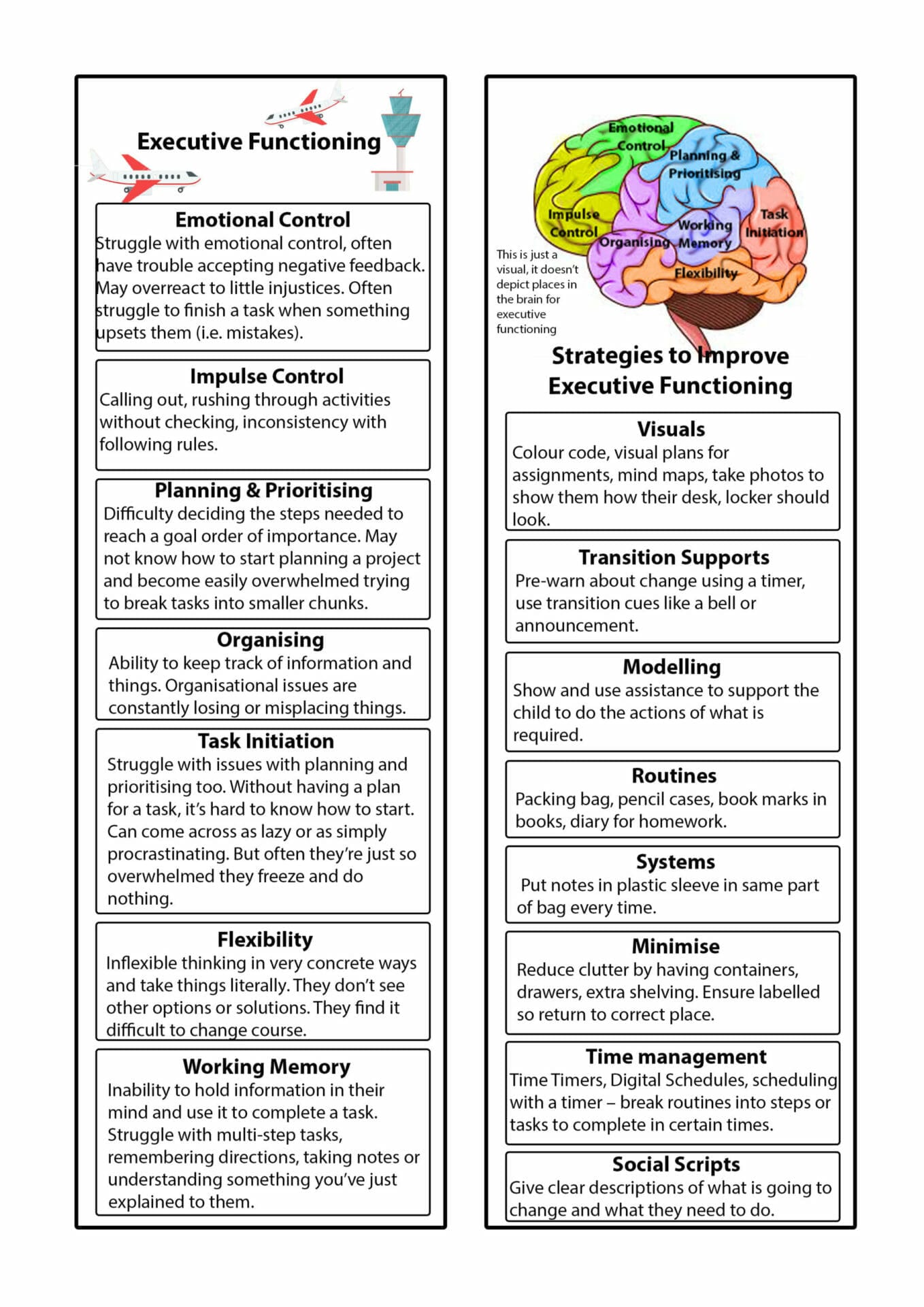
Want to Make Your Own Executive Functioning Cheat Sheet
Must Have Executive Functioning Resources
-
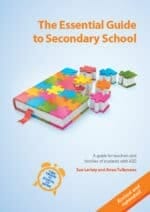
The Essential Guide to Secondary School
$44.95 -
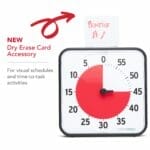
Time Timer – 20cm Medium
$65.00 -

Time Timer – 7.6cm Small
$50.00 -
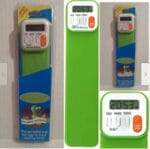
Portable Schedule with Digital Timer
$24.95 -
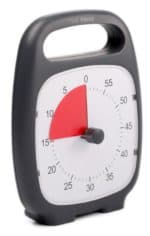
Time Timer PLUS
$80.00 -
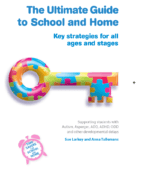
The Ultimate Guide to School and Home
$44.95 -

Step by Step Help for Children with ADHD
$45.95 -

Organize Your ADD/ADHD Child
$42.95 -

Executive Function Dysfunction
$48.95 -
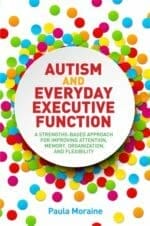
Autism and Everyday Executive Function
$65.95 -

Time Timer MOD – Charcoal Colour
$60.00 -
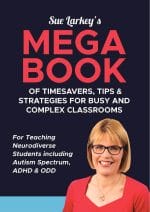
Sue Larkey’s MEGA BOOK of Timesavers, Tips & Strategies for Busy and Complex Classrooms
$49.95


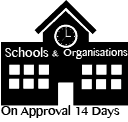
 Sorry we no longer ship items outside Australia. Please consider the digital versions of Sue’s Books –
Sorry we no longer ship items outside Australia. Please consider the digital versions of Sue’s Books – 